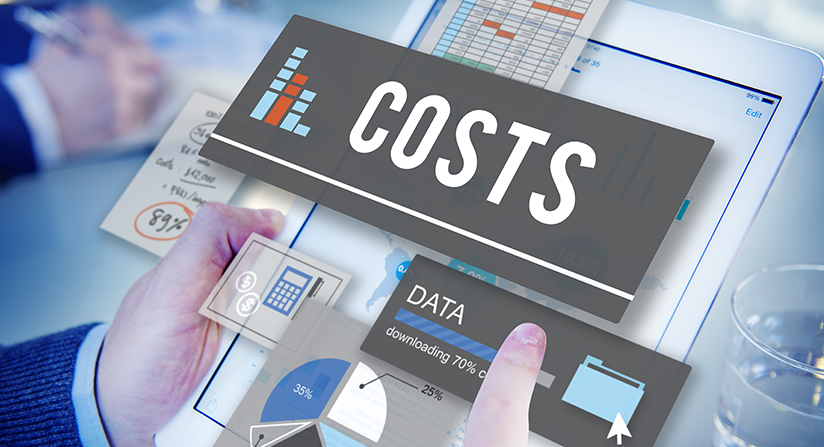Procurement automation can reduce the cost of purchase order requisition, submittal and approval by up to 75% and invoice processing costs by up to 90%.
According to the American Productivity & Quality Center (APQC) companies using procurement automation receive deliveries two days faster on average than those who don’t.
If you are small- to mid-sized manufacturing business is still relying on an old-school, manual procure-to-pay approach, you’re spending way too much time wading through piles of paperwork to generate purchase orders, receive quotes and manage payments. In addition, with many of your suppliers already up and running on fully automated procurement systems, you’re probably not winning many fans when they have to slow down to do business with you the old-fashioned way.
So, what’s the solution? Easy – a procurement automation system that includes robust accounting and inventory/warehouse management capabilities. A fully integrated procurement automation system can deliver an extraordinary range of functionality that will make your business processes much more efficient and accurate, resulting in significant cost reductions, time savings, and ROI.
Procurement automation solutions speed up and simplify each step of the procure-to-pay process such as purchasing planning, vendor selection, purchase order management, approvals, access to vendor catalogs, inventory updating and vendor invoice payments – all leading to better purchasing decisions and improved supplier relationships.
Let’s drill down into some compelling benefits that SME’s can realize after implementing a fully integrated procurement automation solution:
Shorter Cycle Times Mean Faster Deliveries
The American Productivity & Quality Center (APQC) defines the cycle time needed to place a purchase order as the time from when the procurement function receives a requisition line item to the time it submits the purchase order to the supplier. Procurement automation can dramatically speed up this cycle, which is one of its most compelling benefits for SME’s. Specifically, businesses can greatly reduce the time required to issue purchase orders to suppliers, to receive deliveries and to issue payments to vendors.
Reduce Costs – Negotiate the Best Possible Price with Your Vendors
One of the most compelling benefits of procurement automation is the ability to leverage vendor history data to compare prices and terms and make the best possible deal. Detailed purchasing and pricing reports enable you to identify which supplier provides the best fit, fastest delivery schedule and most favorable pricing for a particular order. The system should also automatically convert an accepted offer into a purchase order and offer the option to display alternate vendors in addition to your preferred vendor for each item. This allows you to request quotes from all your applicable vendors, resulting in more competition for your business and more favorable pricing and terms.
Improved Communications and Better Supplier Relationships
Procurement automation enables real-time supplier interaction, improving communications and decision making. Instant access to all purchase documents leads to faster decisions in-house and speedier deliveries and payments. Better supplier communications means better service and less risk of disputes down the road.
Warehouse and Accounting Integration Leads to Better Decision-making
When integrated with other core business processes such as accounting and inventory, procurement automation delivers up-to-the-minute data for optimal decision-making. This integration enables real-time synchronization between goods receipts and inventory warehouse levels, accounts payable and credit memos, as well as material planning requirements (MRP) and purchase scheduling. All told, the system should automatically capture information at every step of the cycle so that you’re always on top of your inventory levels, as well as the latest financial condition of your business.
MRP Functionality Enhances Purchase Planning
Procurement automation software should contain MRP capabilities so that you can set reorder points correctly and avoid unnecessary purchasing and costly inventory. This means you can capably forecast and plan your material needs and schedule your purchases accordingly.
If you’ve been considering an upgrade to a procurement automation system, there are quite a few options on the market. Be sure to find a solution that is trusted by thousands of SME’s and one that is either an essential component of a full-blown ERP solution or at least can be seamlessly integrated to accounting and inventory management. In most cases, the projected ROI should be favorable over the long term as all the cost- and time-saving benefits continue to accrue.
Follow Us










